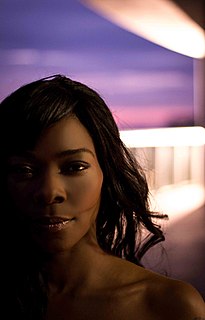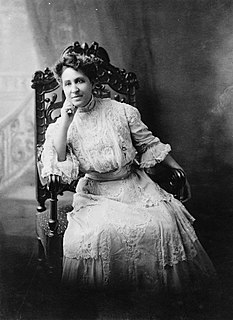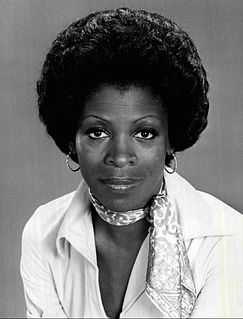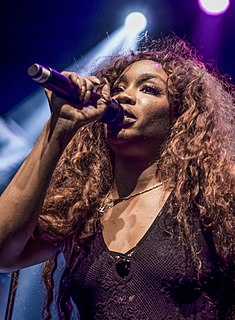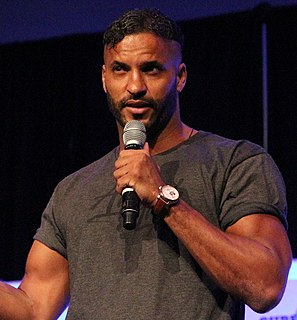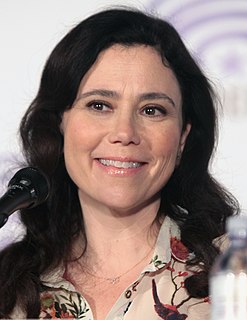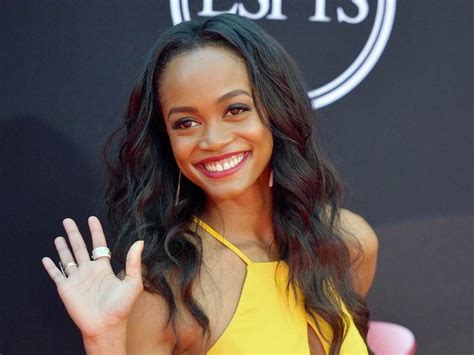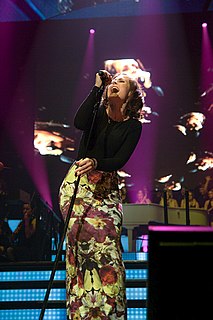A Quote by Halle Berry
Being a black woman, I've often felt I've been judged by my sex and my race, and I have always known that it shouldn't hamper me.
Related Quotes
While I might not have a specific experience that is fully American, there is still a knowledge, something that I logically understand as a black woman and a black woman who is existing in America and a black woman who is in the diaspora that are just known quantities that I think anyone can relate to who is black.
I was raised in a completely black world. In those days, if a white woman married a black man, she lived as a black woman, and that was just the end of it. So, I don't have a feeling of being bi-racial. I don't have a connection to it. People often come up to me thinking I do have a connection to it, and I kind of let them down because I really don't.
When you say 'the man of the house,' the black woman has been the woman and the man of the house, because black men have so often had to spend all of their time and energy working and trying, at least, to give their families the basic needs. So black women, I find, are not really concerned about women's liberation.
Knowing that I was potentially going to be the first black Bachelorette actually held me back from wanting to do it. With the first, there's always so much pressure. And I knew I was going to be new to the audience as a lead for a number of reasons - being over 30, being a career woman, and also being black.


